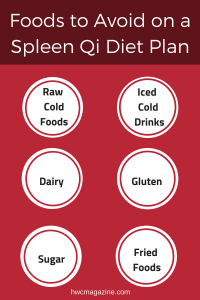
The Impact of Nutrition on Your Mood
Understanding the Mind-Body Connection
Nutrition isn’t solely about physical health—it significantly influences our emotional well-being too. The food we consume plays a crucial role in regulating mood and emotions. This connection between nutrition and mental health is profound, affecting neurotransmitter levels that impact how we feel.
Power Foods for Positive Vibes
Certain foods have earned the reputation of being “mood boosters” due to their impact on brain chemistry. Incorporating nutrient-rich foods like fatty fish, which contains omega-3 fatty acids, and dark chocolate, known for its mood-enhancing properties, can positively influence mood by supporting brain health and neurotransmitter function.
Balancing Blood Sugar for Stability
Maintaining stable blood sugar levels is key to a steady mood throughout the day. Opting for complex carbohydrates like whole grains, fruits, and vegetables can prevent blood sugar spikes and crashes, helping to sustain energy levels and mood stability.
The Role of Micronutrients
Micronutrients, such as vitamins and minerals, are essential for optimal brain function and mood regulation. B vitamins found in leafy greens, legumes, and nuts aid in neurotransmitter production, while minerals like magnesium in spinach and seeds contribute to relaxation and mood balance.
Gut Health and Mood
The gut-brain connection is a fascinating aspect of how nutrition influences mood. A healthy gut microbiome, supported by probiotic-rich foods like yogurt, kefir, and fermented vegetables, can positively impact mental health by enhancing serotonin production, the neurotransmitter associated with feelings of happiness and well-being.
Hydration for Mental Clarity
Staying hydrated is fundamental for overall health, including mental well-being. Dehydration can lead to fatigue, mood swings, and decreased cognitive function. Drinking an adequate amount of water throughout the day is essential to maintain optimal brain function and mood stability.
Moderation and Mindful Eating
Incorporating a variety of nutrient-dense foods while practicing mindful eating habits can foster a positive relationship between nutrition and mood. Enjoying meals without distractions, paying attention to hunger cues, and savoring the flavors can enhance the pleasure of eating and subsequently uplift mood.
Amidst our busy lives, prioritizing nutrition for mental health is crucial. For more insights on how nutrition impacts your mood and tips on enhancing emotional well-being through dietary choices, explore Ways to boost mood through nutrition. Dive deeper into understanding the significant role nutrition plays in shaping our emotional landscape.



